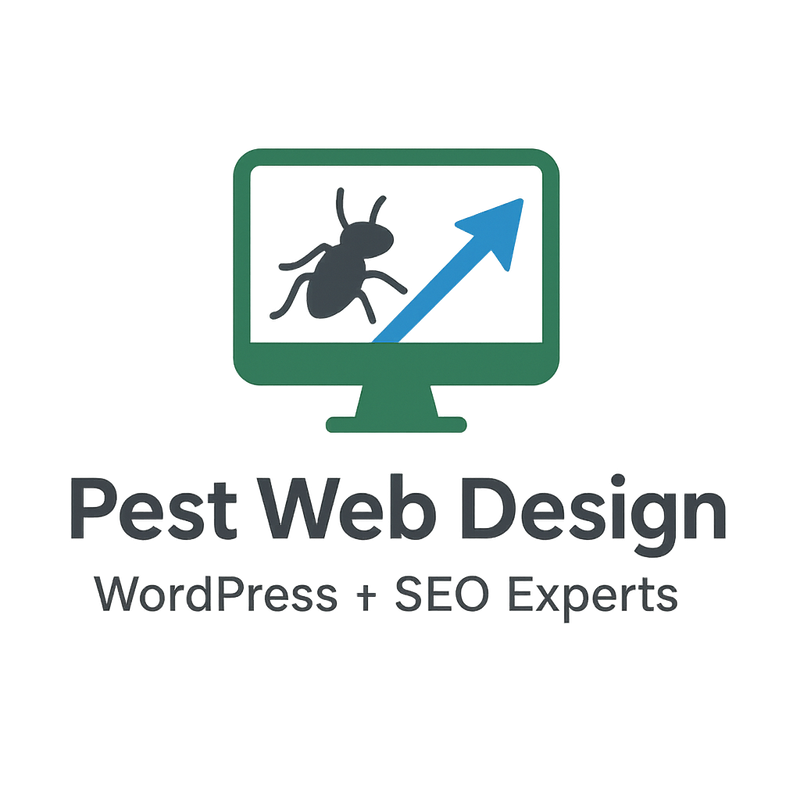Automation CRM
Automation CRM turns forms, calls, and quotes into booked jobs. Therefore, our workflows capture every lead, route it to the right person, and trigger follow-ups automatically. Moreover, dashboards reveal what’s working; consequently, budgets shift to winners and waste is reduced.
Request a demo See pricing All services

What’s included in automation CRM setups
Lead capture & routing
First, forms, chat, and call tracking feed the pipeline. Consequently, automations assign owners, set SLAs, and create tasks immediately. In addition, deduping keeps data clean.
Nurture & follow-ups
Because timing matters, sequences send emails and texts; moreover, reminders keep reps accountable across shifts. Furthermore, pausing rules stop messages when jobs are booked.
Reporting & reviews
Dashboards track sources, close rates, and revenue. Additionally, review requests fire after job completion; therefore, local SEO improves month over month.
Why automation CRM increases booked jobs
Speed wins the quote. Therefore, automation CRM replies instantly, routes by skill or city, and logs outcomes consistently. Moreover, slow or missed follow-ups are eliminated; consequently, CAC drops while reviews increase.
- Faster response: instantly send confirmations and tasks; additionally, escalations prevent stalls.
- Cleaner data: use structured fields and sources; furthermore, validation reduces errors at entry.
- Proven ROI: connect source to revenue; thus, budgets shift toward channels that convert.
For example, connect web forms through GTM and send data to your CRM. Likewise, sync calls and quotes for full-funnel reporting; hence, leadership sees end-to-end impact.

Automation CRM process
- Discover: list sources, teams, and handoffs; consequently, we map fields and SLAs with clear owners.
- Design: build workflows and sequences; moreover, we define fail-safes, alerts, and pause rules.
- Implement: connect forms, calls, and calendars; therefore, owners and tags remain accurate across routes.
- Validate: test with live leads; as a result, reports show speed-to-lead, tasks completed, and close rates.
Additionally, we document playbooks and, afterwards, train admins so improvements persist during turnover.

Automation CRM toolkit
- Form + call tracking via GTM and GA4; likewise, offline events are supported.
- Pipeline stages, tasks, and SLA timers; furthermore, audits flag bottlenecks.
- Email/SMS sequences with opt-in guardrails; in addition, suppression lists protect compliance.
- Attribution reports by source and city; therefore, decisions stay data-driven.
Learn more: Google Tag Manager and Google Analytics.

Automation CRM plans
Starter
- Lead capture & routing
- Basic sequences
- Source reporting
Therefore, small teams see value quickly without heavy change management.
Growth
- Multi-city routing
- Advanced attribution
- Review requests
Moreover, rules adapt to seasonality and promos, so campaigns scale cleanly.
Scale
- Custom objects & SLAs
- BI exports
- Admin training
As a result, operations remain consistent across locations and shifts.
Ready to automate your pipeline?
Share your tools and goals; consequently, we’ll propose workflows, timelines, and reporting. Afterwards, we’ll verify with live-lead tests and, furthermore, hand off a simple playbook.
Automation CRM — FAQs
Will this replace our CRM?
Not necessarily. Instead, we can extend your current stack. Therefore, integrations keep data in sync while workflows run centrally.
How do we measure ROI?
Source and campaign data flow into deals; moreover, reports connect speed-to-lead, tasks, and revenue by city or service line.
What about compliance?
Opt-in policies and suppression lists are enforced automatically; consequently, messaging stays compliant across channels.
Can our team edit workflows?
Yes. We provide a playbook and training; thus, admins can adjust routing, sequences, and alerts safely.
